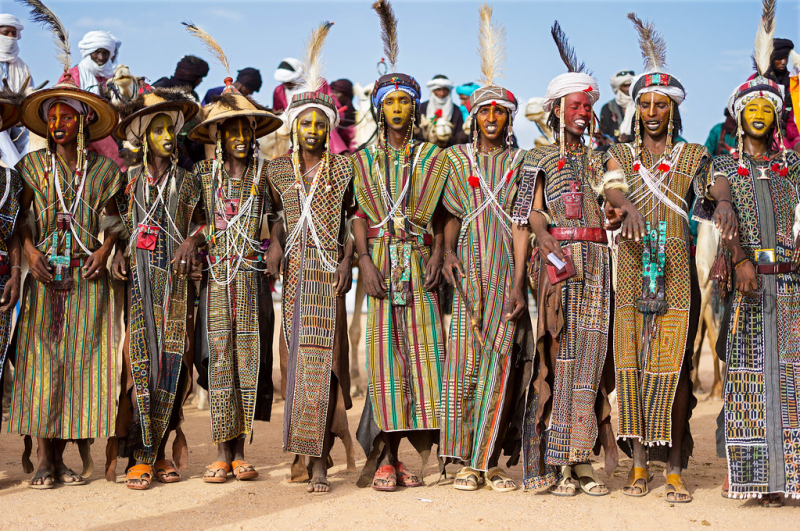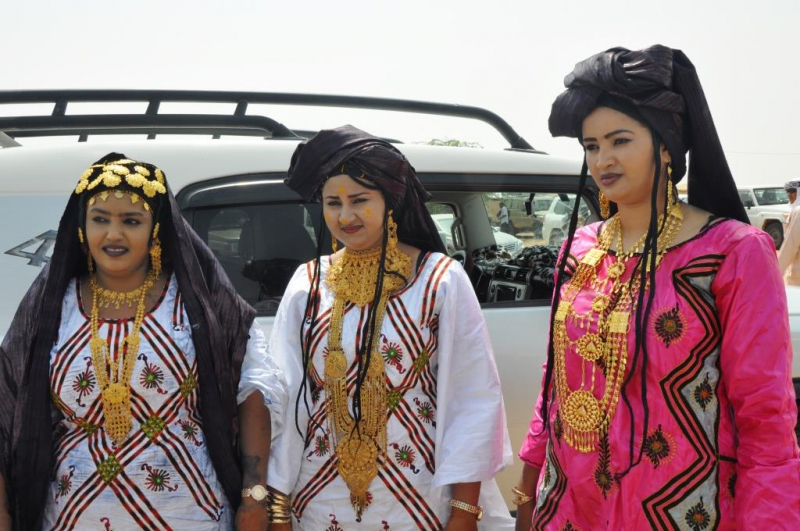Cure Salee
The Cure Salée, or "Nomads' Festival," is a yearly meeting of Tuareg and Wodaabe peoples at Ingall, Niger's northernmost town. The ritual, which normally takes place in the last two weeks of September, commemorates the end of the rainy season. In the 1990s, the Niger government began funding the event, setting the date, duration (three days), and bringing in officials, performers, and tourists.
In the lives of Saharan pastoralists, the end of the wet season is a very significant event. Tuareg tribes congregate around Ingall's salt flats and pools to rehydrate their cattle and goat herds and prepare for the long journey south to survive the dry season. The locals are said to benefit from the Cure Salée, and medicinal remedies are a big element of the celebration. The Cure Salée, on the other hand, is equally as significant as a social gathering. Following a season of dispersed clan groups, there is an opportunity to communicate news, trade, and reestablish connections within and across ethnic lines.
Cure Salée is a time of traditional courting and marriage for Tuareg and Wodaabe peoples. The Wodaabe tradition of Gerewol is the most well-known picture of the festival, in which young men compete for the attention of women looking for brides. Men with traditional attire, headpiece, and extensive makeup compete in organized dances and talent tests.
Women compete for the attention of marriageable males among the Tuareg peoples, while men of all ages demonstrate their abilities as horsemen, artists, dancers, musicians, and craftsmen. The celebration begins with a spectacular parade of Tuareg camel riders, followed by races, singing, dances, and storytelling. While the official festival lasts only three days, the celebrations can last weeks if nomadic tribes stay in the area. This is one of the things about Niger you should know before travelling.











